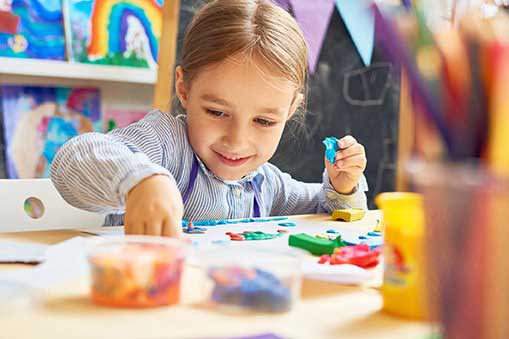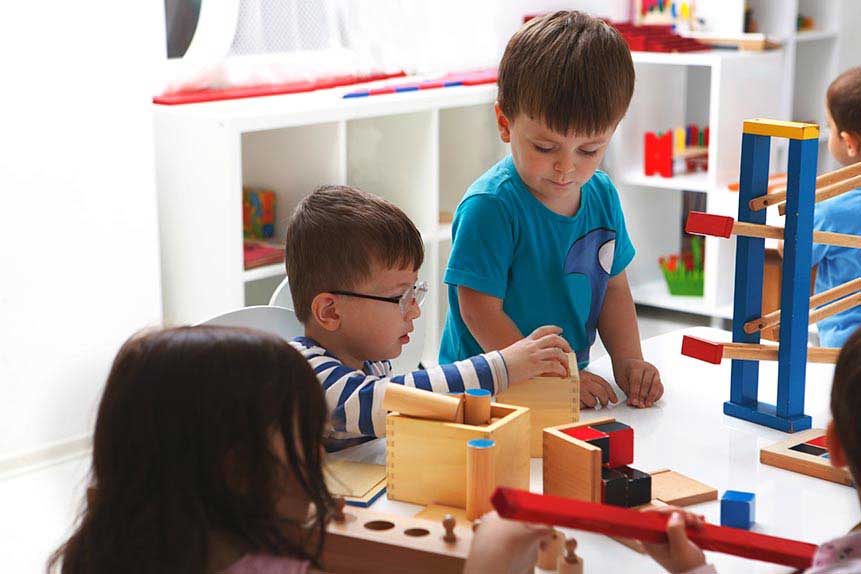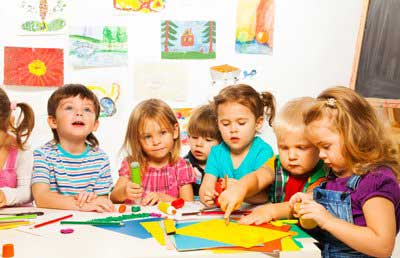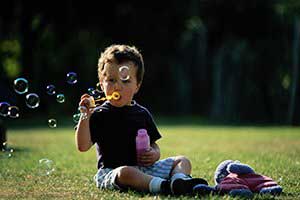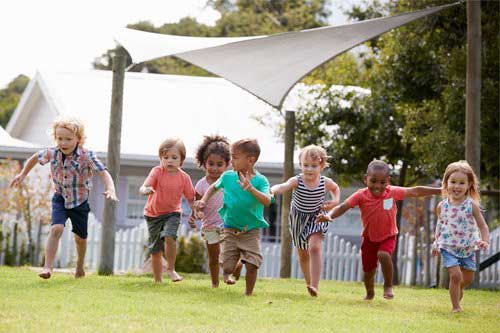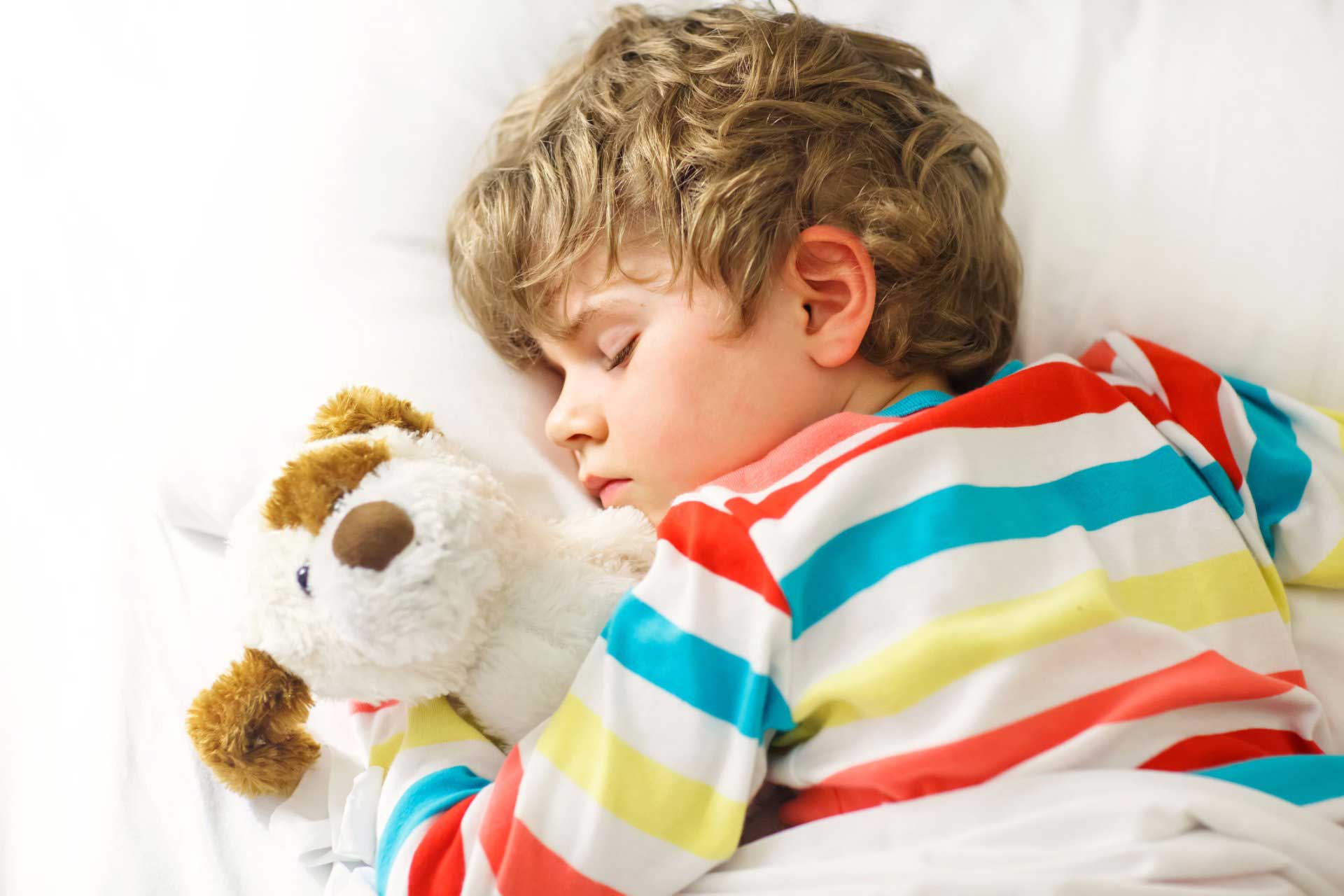Dealing With Separation Anxiety in Children

Every child is different, and you never know when, or if, separation anxiety will become an issue. Some kids have no problem skipping into a child care center and are eager for Mom or Dad to leave. Others have a difficult time saying goodbye. Still other kids might have some days when they're excited for time with their friends and other days when they cling to a parent's leg.
In these last cases, parents sometimes have trouble figuring out what triggers their child's separation anxiety. The good news is that there are ways to work through these separation anxiety issues. Compassionate caregivers at the child care center and understanding parents can help children through this important step that's just part of growing up.
At-Home Preparations
If a child care center is new to your child, help ease his or her anxiety by visiting the center. Show your child some exciting toys and introduce your child to his or her caregiver. Show your child where his or her belongings will go while he or she is at school.
When you return home, discuss everything you saw. Talk about which parts of the child care center are exciting. Discuss the day's schedule so your child knows what to expect. If your child expresses particular anxieties, talk through them. Even if the worry seems small, don't dismiss it. A worry that seems small to you could be overwhelming to your child.
If the child care center is not new to your child, but new separation anxiety appears, it could be a result of developmental changes. Practice short separations at home. For example, leave your child in the living room while you go into the kitchen to get a snack. Explain to your child that you'll return quickly, and then keep your promise.
Playing peek-a-boo is another way to help a child with separation anxiety. You also could play hide-and-seek. Another option is to play a fun transition game between peek-a-boo and hide-and-seek. Hide around a corner, out of your child's sight, and then pop out with a smile. This game will teach your child that even if you go away for a while, you'll always return.
At the Child Care Center
To help your child separate from you at the child care center, establish a routine that your child can rely on. For example, walk into the center, remove your child's coat, help him or her with hand washing and settle your child at a favorite activity. It might be the same activity every day that you can engage in together. For example, drawing, completing a puzzle, or playing with clay are calming and engaging activities.
When it's time to say goodbye, be matter-of-fact. Tell your child when you'll return in terms your child can understand. For example, say, "I'll return after your snack," instead of, "I'll return at 3 o'clock."
Give your child a quick hug, or maybe you create a secret handshake or funny wave that you only use when you're leaving your child at the child care center. Enlist the help of a care provider to distract your child in a fun activity when it's time to leave.
Finally, don't linger. Be confident and positive when you say goodbye to your child because your child will take his or her emotional cues from you. It's important not to sneak out, even if it's tempting. Leaving without telling your child you're going can erode his or her trust and make separation anxiety worse. It's scary for a child to look up from an activity only to discover his or her parent disappeared.
If you're looking for a child care center that can support you and your child through challenges like separation anxiety, contact Kids & Company today at one of our many locations!
